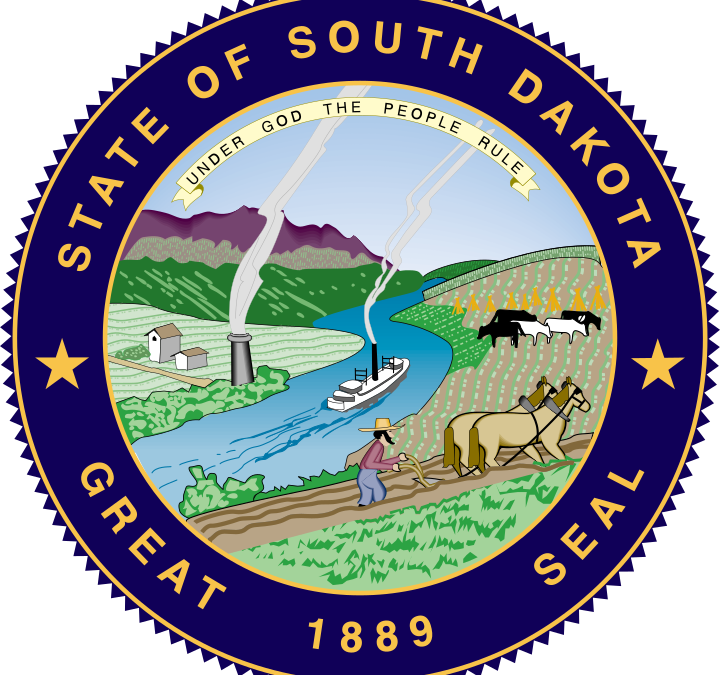Finding license plate information in South Dakota will yield valuable information about a motor vehicle and the vehicle’s owner. This is particularly helpful if you’re searching for a new car. You can look up the license plate to receive a full vehicle history report. If you’ve been involved in an accident or need to find registered owner of a car for any other reason, a license plate owner lookup will answer your questions and provide solutions.
How to Do a Reverse License Plate Lookup in South Dakota
Your best option when looking up a plate is to go through a third party rather than the DMV. South Dakota has privacy laws regarding which persons are able to access another individual’s vehicle history. Online public databases give you access to information that the DMV can’t provide.
Online public databases are databases storing millions of public and private records. The types of records stored depend largely on the type of database. Before you perform your license plate check, you’ll need to find a database whose search parameters include the information you’re looking for.
Once you’ve settled on a database, you’ll need to create an online account and pay any fees associated. Following that, you’ll have access to search tools which allow you to find the answers to your questions.
What Information Can Be Found With a License Plate Lookup?
It’s not guaranteed that an online database will have information about the vehicle’s owner. Because of the privacy laws in South Dakota, a non-government third party might not have access to those records. If you’re looking for a vehicle’s owner, you should try to find a free search rather than a paid one. This website lets you find the registered owner of a vehicle.
You can obtain a complete vehicle history report from a license plate check. This is ideal when you’re buying a car. You can compare the history report to the seller’s claims about the vehicle to be sure all the facts are accurate.
The following information will be present on your vehicle history report:
- Any history of recalls or repair issues
- A complete accident history
- Verification of the odometer
- Theft reports which tell you whether the car has ever been stolen
- A complete record of service and maintenance performed
- The estimated value of the vehicle
- The vehicle’s fuel economy rating
- A complete ownership history
Verifying this information is essential when buying a car. In particular, odometer tampering is a crime in the state. The vehicle history report also allows a more in-depth price comparison between similar models.

